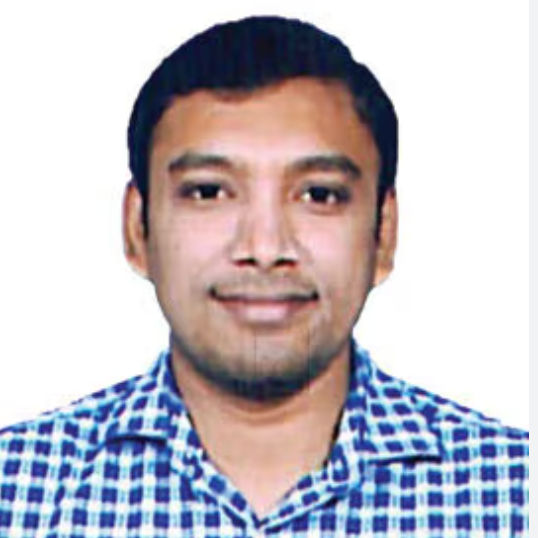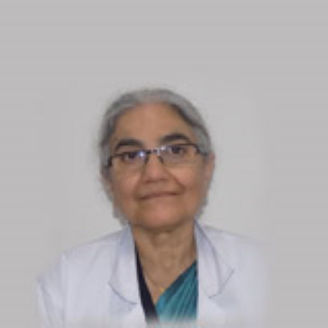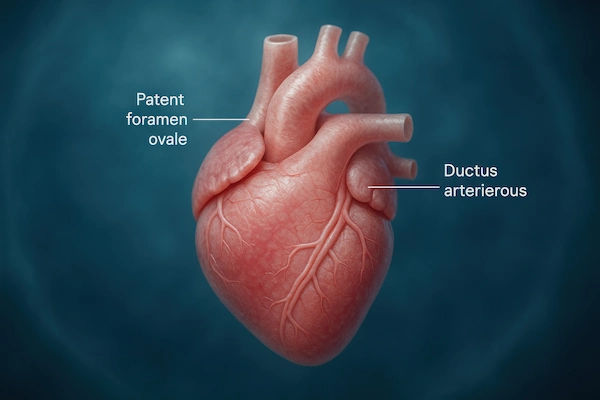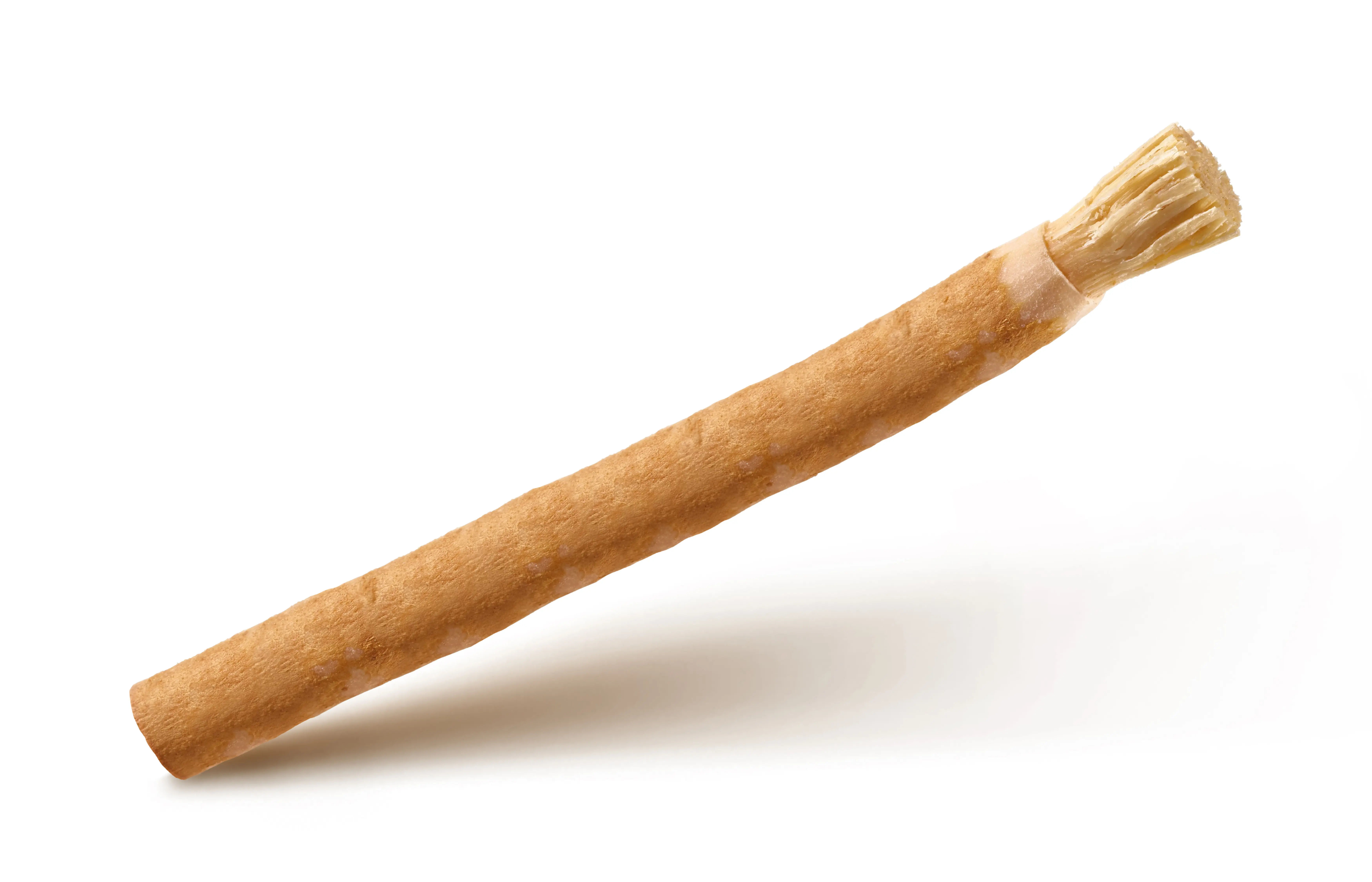Duchenne Muscular Dystrophy Overview and Care Guidance
Learn about Duchenne Muscular Dystrophy (DMD), its symptoms, causes, and inheritance. Explore care guidance, treatment options, and strategies to support patients and families.

Written by Dr. Siri Nallapu
Reviewed by Dr. Rohinipriyanka Pondugula MBBS
Last updated on 13th Jan, 2026

Introduction
Duchenne Muscular Dystrophy (DMD) is a rare genetic disorder that primarily affects boys, leading to progressive muscle weakness and loss of mobility. If you or a loved one has been diagnosed with DMD, it’s natural to have questions and concerns. This article will help you understand the condition, its symptoms, causes, and ways to manage it effectively.
What is Duchenne Muscular Dystrophy (DMD)?
DMD is a severe form of muscular dystrophy caused by a genetic mutation that prevents the body from producing dystrophin, a protein essential for muscle strength and function. Without dystrophin, muscles weaken over time, leading to difficulties in movement, breathing, and heart function.
Consult a Neurologist for the best advice
Who Does DMD Affect?
DMD affects:
- Mostly affects boys (1 in 3,500–5,000 male births).
- Rarely affects girls, but they can be carriers.
- Symptoms usually appear between ages 2 and 5.
Symptoms of Duchenne Muscular Dystrophy
Early signs of DMD include:
- Difficulty running, jumping, or climbing stairs (due to weak leg muscles).
- Frequent falls and trouble getting up.
- Walking on toes or waddling gait.
- Enlarged calf muscles (pseudohypertrophy).
- Delayed motor skills (e.g., sitting, walking).
As the condition progresses, symptoms worsen:
- Loss of walking ability (usually by early teens).
- Weakness in arms, neck, and other muscles.
- Breathing difficulties (due to weakened respiratory muscles).
- Heart problems (cardiomyopathy).
What Causes DMD?
DMD is caused by a genetic mutation in the DMD gene (on the X chromosome). Since boys have only one X chromosome, a single faulty gene leads to DMD. Girls have two X chromosomes, so they are usually carriers but may show mild symptoms.
How is DMD Inherited?
DMD is inherited through:
- Inherited from the mother (X-linked recessive pattern).
- Spontaneous mutation (about 30% of cases occur without family history).
How is DMD Diagnosed?
If DMD is suspected, doctors may recommend:
1. Blood Test (CK levels) – High creatine kinase (CK) indicates muscle damage.
2. Genetic Testing – Confirms the DMD gene mutation.
3. Muscle Biopsy – Checks for dystrophin protein levels.
4. Heart & Lung Tests – Monitors heart and breathing function.
Early diagnosis is crucial for better management. If you notice symptoms, consult a doctor or book a genetic test through Apollo 24|7 for accurate diagnosis.
Get Your Health Assessed
Managing Duchenne Muscular Dystrophy
While there is no cure yet, treatments can slow progression and improve quality of life.
Medical Treatments
- Corticosteroids (Prednisone, Deflazacort) – Help maintain muscle strength and delay mobility loss.
- Exon-skipping drugs (Eteplirsen, Golodirsen) – Help some patients produce partial dystrophin.
- Gene Therapy (Elevidys) – A newer treatment to restore dystrophin production.
- Heart & Respiratory Care – Medications and ventilators support heart and lung function.
Physical Therapy & Mobility Support
- Physiotherapy – Stretching exercises prevent muscle stiffness.
- Braces & Orthotics – Support weak muscles and joints.
- Wheelchairs & Mobility Aids – Help maintain independence as walking becomes difficult.
Diet & Nutrition Tips
- High-protein diet – Supports muscle health (lean meats, eggs, dairy).
- Calcium & Vitamin D – Strengthen bones (milk, leafy greens, supplements).
- Fibre-rich foods – Prevent constipation (common due to weak muscles).
- Avoid excess weight gain – Extra weight strains muscles.
Emotional & Social Support
- Counselling & Support Groups – Helps families cope emotionally.
- School & Social Inclusion – Adaptive learning tools and peer support improve confidence.
When to See a Doctor?
If your child shows:
- Frequent falls or difficulty walking.
- Trouble standing up from sitting.
- Delayed motor milestones.
Book a consultation with a neurologist or genetic specialist on Apollo 24|7 for early intervention.
Hope for the Future
Research is ongoing for better treatments, including:
- Gene-editing therapies (CRISPR) – To correct the faulty gene.
- Stem cell therapy – Potential to regenerate muscle cells.
Final Thoughts
Living with DMD is challenging, but with proper care, therapy, and support, individuals can lead fulfilling lives. Early diagnosis and a multidisciplinary approach (doctors, therapists, nutritionists) make a big difference.
Consult a Neurologist for the best advice
Consult a Neurologist for the best advice

Dr. Ganeshgouda Majigoudra
Neurologist
10 Years • MBBS, MD ( GENERAL MEDICINE) DM (NEUROLOGY)
Bengaluru
Apollo Clinic, JP nagar, Bengaluru

Dr Rajashekar Mummadi
Neurologist
3 Years • MBBS, DNB General Medicine, DRNB Neurology
Hyderabad
Dr Ram's Neuro Clinic, Hyderabad

Dr. E Prabhakar Sastry
General Physician/ Internal Medicine Specialist
40 Years • MD(Internal Medicine)
Manikonda Jagir
Apollo Clinic, Manikonda, Manikonda Jagir
(150+ Patients)

Dr S Selvin
Neurologist
10 Years • MBBS, MD, DM (Neurology), FINR fellowhsip in Interventional Neuro Radiology
Chennai
Apollo Speciality Hospitals Vanagaram, Chennai

Dr. Meena Gupta
Neurologist
49 Years • MBBS, MD (Paediatrics), DM (Neurology)
Gurugram
APOLLO SUGAR CLINICS GURUGRAM, Gurugram
Consult a Neurologist for the best advice

Dr. Ganeshgouda Majigoudra
Neurologist
10 Years • MBBS, MD ( GENERAL MEDICINE) DM (NEUROLOGY)
Bengaluru
Apollo Clinic, JP nagar, Bengaluru

Dr Rajashekar Mummadi
Neurologist
3 Years • MBBS, DNB General Medicine, DRNB Neurology
Hyderabad
Dr Ram's Neuro Clinic, Hyderabad

Dr. E Prabhakar Sastry
General Physician/ Internal Medicine Specialist
40 Years • MD(Internal Medicine)
Manikonda Jagir
Apollo Clinic, Manikonda, Manikonda Jagir
(150+ Patients)

Dr S Selvin
Neurologist
10 Years • MBBS, MD, DM (Neurology), FINR fellowhsip in Interventional Neuro Radiology
Chennai
Apollo Speciality Hospitals Vanagaram, Chennai

Dr. Meena Gupta
Neurologist
49 Years • MBBS, MD (Paediatrics), DM (Neurology)
Gurugram
APOLLO SUGAR CLINICS GURUGRAM, Gurugram





